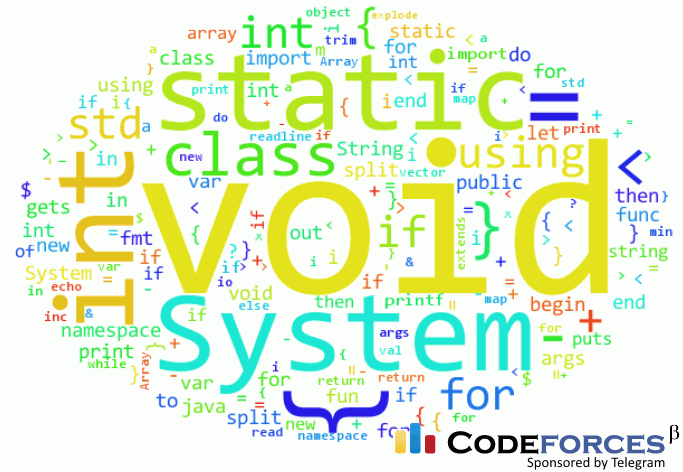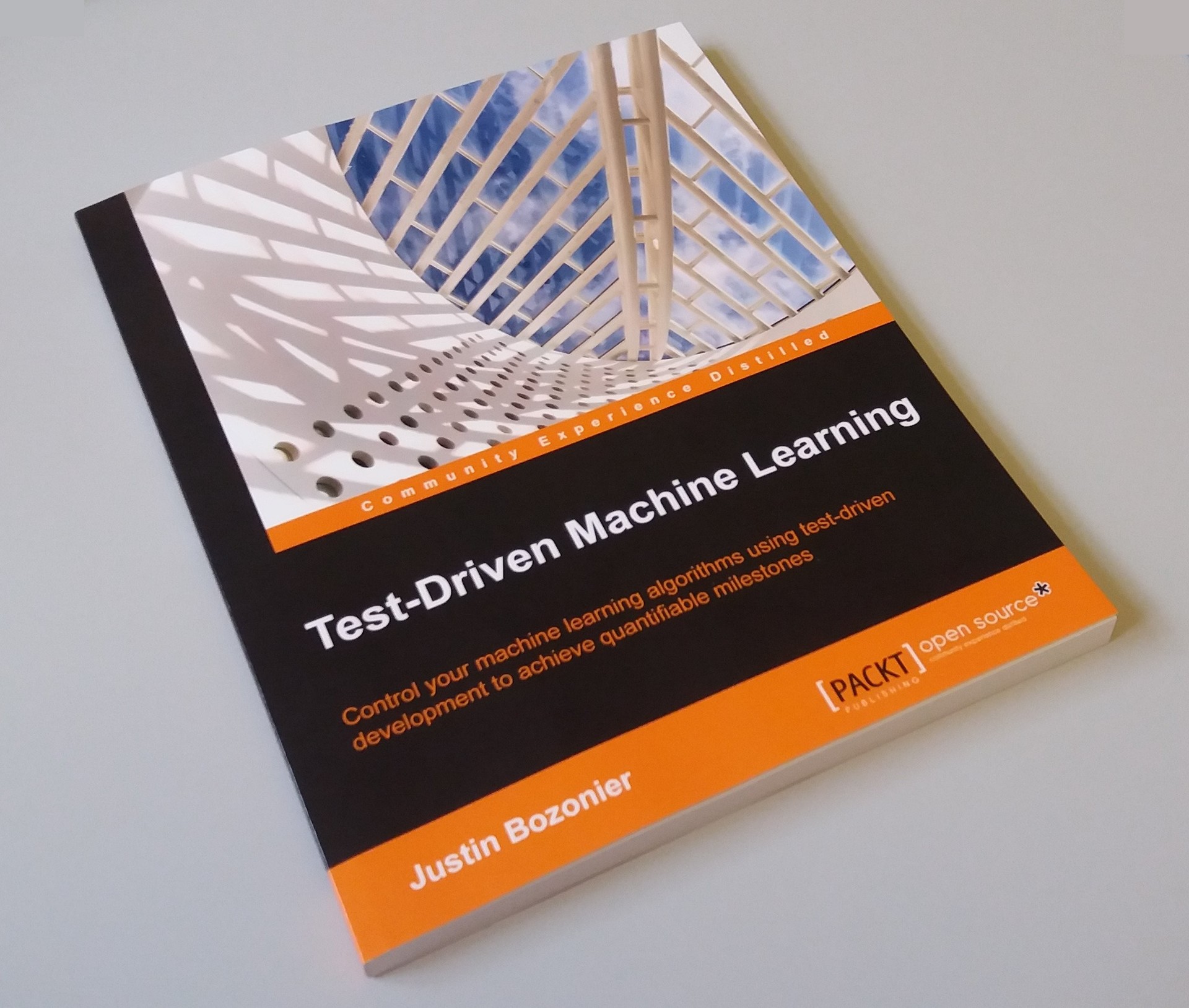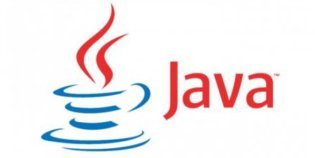Periodically, 193 different countries gather together to make important policy decisions on a wide variety of global topics, including humanitarian crises, peace and security. Deliberations take place in the context of the United Nations General Assembly (UNGA) and, after consensuses have been reached, resolutions are passed.
Since the first General Assembly gathered in 1946, almost 18,000 resolutions have been drafted and passed. That represents a high volume of documents to analyse for anyone who wants to understand how countries decided in the past (and how they might possibly decide in the future).










